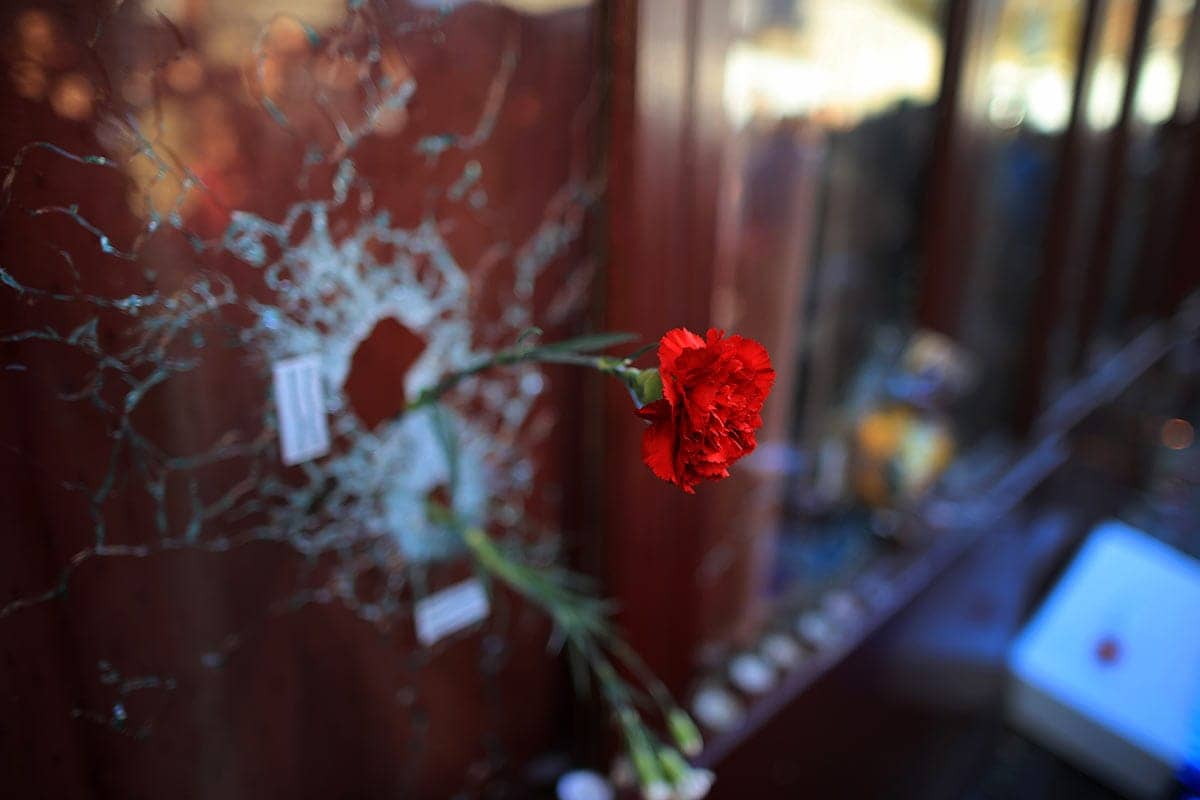
As we wander out of the nineties and meander through the noughties, this generation can be defined continually by two things - terror and social media. Facebook and 9/11. Syria and Twitter. Selfies and muftis.
As we’ve seen, once news breaks of a world event (whether it be positive, negative or somewhere in between), it spreads like wildfire across social media. For some, it is their way of being ‘the one in the know’. While for others it provides talking points for water cooler discussions, and for the few, it is an opportunity to troll and garner reaction in an attempt to seek attention into their otherwise sad, vacuous lives.
For the most part, social media has taken the role of megaphone - a way for the masses to hear what is happening on the other side of the world.
This can be used for good and bad. The good can be like when one of the team tweeted a compliment about a recent Airbnb stay in the UK, and was gifted a £25 voucher for their next trip - a nice example of a low-maintenance high reward brand-building exercise.
The bad can be the multitude of ill thought-out PR exercises dreamt up by well-meaning execs. A recent example would be the #YourTaxis debacle, which was meant to be an olive branch to the public and start a positive conversation to gain some ground back against Uber. Instead, it turned into a free-for-all of people tweeting all the terrible, horrible, no good, very bad experiences they’ve had in a taxi. Had they done their due diligence and truly investigated their brand heritage, image and legacy like any good agency should, and made sure their brand values were reflected in their outward communications and digital presence, they might have thought otherwise. There are more examples of PR fails, I’m sure Buzzfeed has a list.
But what of an event that is actually a terrorist attack? Can social media play a more vital, a useful role? When the reports started coming in on November 14th of a shooting, explosions and a hostage situation in central Paris, the eyes of the world turned to their smartphones to keep up with the latest news. The hashtag #ParisAttacks was instigated, then #prayforParis.
Instagram was filled with mournful images of the French capital, and artist Jean Jullien’s off the cuff sketch of what has now become known as the Peace for Paris symbol was appropriated as the emblem for the cause. Facebook was quick off the mark, with a temporary filter for profile pics added, following suit from the popular #LoveWins same sex marriage filter earlier this year.
An interesting development was when the tech giant implemented a Safety Check-in service, that allowed users in Paris to show their friends and family they were okay. On Twitter, #porteouverte (“door open”) was started, to connect anyone who needs shelter with those who can provide it.
It showcased way that social media can be humanised, and harnessed for good, and serving a purpose rather than being an abstract platform for expression. Of course, with anything that has content sourced by a crowd, both examples have been slightly marred, with Facebook getting some blowback for not offering a safety check-in after a terrorist attack of similar magnitude in Beirut. And on twitter, the hashtag has been overwhelmed by people tweeting about how to use it and how inspiring it is, which is nice, but can drown out legitimate requests/offers for sanctuary.
As of now, nearly a week after the act, there are still more social media postings on the subject, with defiant Parisians (is there any other kind?) refusing to cower and hide, proudly using the #jesuisenterrasse as a way of fighting back, one sidewalk café at a time. And CNN, AP and every other microphone in the world is still using the #ParisAttacks hashtag in their ongoing investigations.
What’s the answer here? Too early to tell. But the very fact that the digital space is being utilized in a real way to help real problems can only be a good thing. If anything, despite it being a political hot potato with the cause and motivations unclear, the one thing most people can agree on is the thing that happened in Paris was bad, and that sucks. Hopefully, the tourism industry won’t suffer, but encouragingly it doesn’t look like that is going to be a problem. After all, in the words of Audrey Hepburn, Paris is always a good idea <3.



